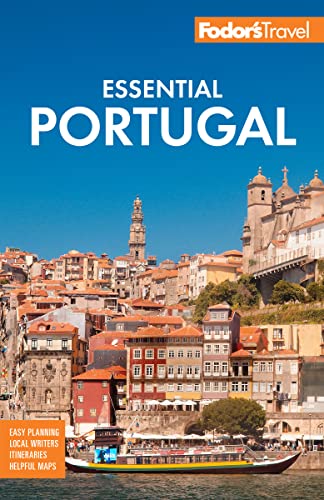Restaurants
Algarvian cooking makes good use of local seafood. The most unusual regional appetizer is espadarte fumado (smoked swordfish), and you'll find it sliced thin, served with a salad, and usually accompanied by a dry white wine. Other seafood starters include deep-fried sardines, cold octopus salad, and marinated mackerel fillets. Restaurants generally serve their own version of sopa de peixe (fish soup), as well as a variety of succulent shellfish, including perceves (barnacles), santola (crab), and gambas (shrimp). Although main courses often depend on what has been landed that day, there's generally a choice of robalo (sea bass), pargo (bream), and atum (tuna).
At simple beach cafés and harbor stalls, the unmistakable smell of sardinhas assadas (charcoal-grilled sardines) permeates the air. These make a tempting lunch served with fresh bread and a sparkling vinho verde (literally "green wine"), which is indigenous to Portugal. Perhaps the most famous Algarvian dish is cataplana, traditionally a stew of clams, pork, onions, tomatoes, and wine, though you can often also find shellfish or mixed fish versions. It takes its name from the lidded utensil used to steam the dish. You have to wait for cataplana to be specially prepared, but once you've tasted it, you won't mind waiting again and again.
Regional desserts are varied and most eateries, right down to the smallest backstreet café, will offer some form of homemade sweet, probably chocolate mousse, caramel flan, doce da casa, or a baked cake. Other traditional Algarvian sweets include rich egg, sugar, and almond custards that reflect the Moorish influence, including doces de amêndoa (marzipan cakes in the shapes of animals and flowers), bolos de Dom Rodrigo (almond sweets with egg-and-sugar filling), bolo Algarvio (cake made of sugar, almonds, eggs, and cinnamon), and morgado de figo do Algarve (fig-and-almond paste). You will find these on sale in pastelarias (cake shops) and in some cafés.
Unless otherwise noted, casual dress is acceptable throughout the Algarve. Reservations are not needed off-season, but they’re typically required at the better restaurants in summer.




